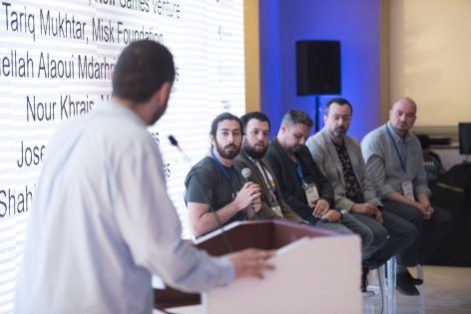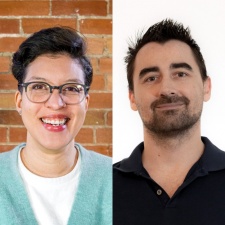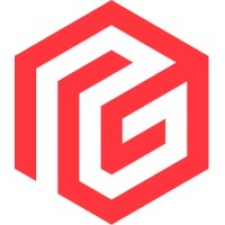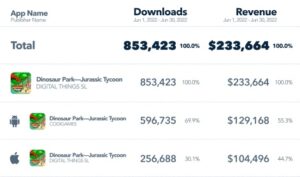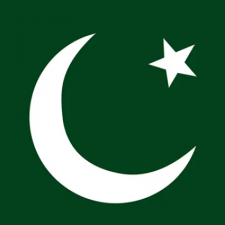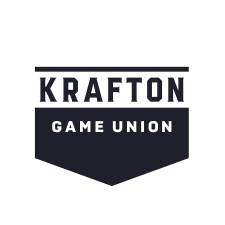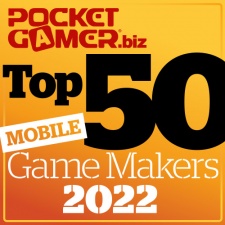Welcome to the second in a series of profile features and interviews uncovering the opportunities and challenges of the Middle East and North African games market. This week we’ve spoken with Joseph Azzam, co-founder of Arabic Games and Evangelist at Epic Games in Lebanon.
In November, the Pocket Gamer Connects conference will return to Jordan, and this gives us an excellent opportunity to dive into the region’s potential. Western markets seemed to thrive during the pandemic but slow in the months following. But the MENA market remains the fastest growing scene in games and the region anticipates a boost in its player base of over 8.2% this year.
Azzam is currently preparing for the Arabic Games Conference which also takes place in November.v“Gamescom was my first event after the pandemic. I was a bit sceptical about whether events would still be popular after the pandemic,” he tells us. “But very shortly after arriving, I realized how much I missed going to physical events, catching up with some old acquaintances, making new ones, and exchanging knowledge.”
PocketGamer.biz: What is your background in the games industry?
Joseph Azzam: I’m from Lebanon, and I come from a tech artist background that I gained working on my own VR game.
I used to teach Unreal at Saint Joseph University, and I used to be a community organizer at LebGameDev.
I am grateful to have worked on technical projects that kept pushing my skills forward
Joseph Azzam, Arabic Games
Eventually, I joined Epic Games as an Evangelist, and I have been doing that for the last four years. I’m also the co-founder of Arabic Games, an initiative that aims to grow the game dev ecosystem in the SWANA [South West Asian and North African] region.
What’s the thing you’re most proud of doing in your time with Epic Games?
Working in a team of incredibly smart multitalented people that I trust and keep learning from. I am grateful to have gotten the opportunity to work on technical projects that kept pushing my skills forward, like the VFX army scene I did a while back. I am also grateful to have been able to travel around the SWANA region and visit studios and work on initiatives that can support them.
What is the next thing on your to-do list?
Right now, I am working on the Arabic Games Conference which seeks to help the SWANA game dev community prosper, by facilitating access to educational resources, professional advice, publishing opportunities, jobs, and more, all while highlighting the best work this community has to offer.
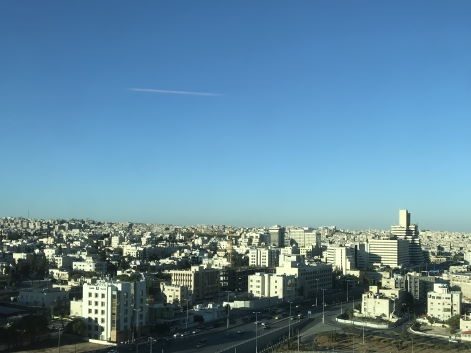
Such initiatives are needed, but it’s not enough. There is so much we can do to push the scene forward and support communities. That’s why we registered the initiative as an NGO, and we are currently planning an online university in Arabic dedicated to the game development field. The team has been working hard on that, and we are excited to launch it next year.
The success of PUBG and Fortnite changed the perspective of the region towards games
Joseph Azzam, Arabic Games
Another project I have started is my own consultancy company that offers to help companies related to gaming and real-time technology navigate and expand in the SWANA region.
What makes the region unique when it comes to gaming?
The SWANA region has one of the highest youth populations. It also has a massive player base, yet a small market share compared to the rest of the world. There is enormous room for the game industry to grow in a less saturated market.
It seems the region is growing fast in games. When and how did games become such a focus for businesses there?
I can’t tell for sure, but in my opinion, the success of PUBG and Fortnite changed the perspective of the region towards games. Before that, it was very hard to explain games to non-gamers. But now, even my mom, who knows nothing about technology, had heard of Fortnite. Friends that swore they would never play a game had PUBG on their phones, and suddenly everyone wanted to invest in games. Of course, that was not the only factor, but it did accelerate things.
Then came the pandemic, and the game industry was the least affected by that, which reinforced the case for games.
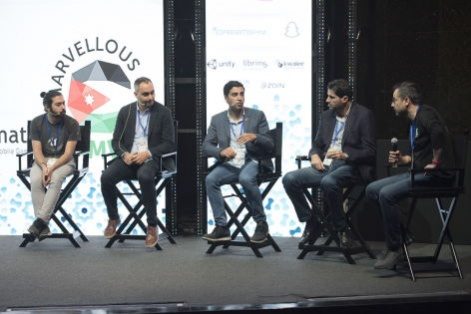
With the rise of esports, and the region having a massive gamer population, there has also been a focus on balancing the ratio between consumer/maker, which is why we are seeing governments showing interest in this field.
What advice do you have for developers from Lebanon, Jordan and the Middle East looking to grow their influence in the rest of the world?
I started making games in a game jam with many first-timer students that barely knew anything about game development. There was barely an active game development scene in Lebanon, and we had no idea if we would ever make it into the industry, but we kept going.
My experience has been positive and I am looking forward to connecting with local developers and studios
Joseph Azzam, Arabic Games
Today after many years, many of us are now working in established companies, with a ton of experience to back us up, and we are spread all over the world.
My advice is that things are hard, but there is a good chance you can make it if you keep improving your skills, and you work on your presence whether it’s online or by attending events. Also, you are likely to feel like an impostor, but just keep going.
There’s been a lot of talk about the metaverse, NFTs, web3… Are you investigating these phenomena?
There’s a wide gap between gamers who are really into it and those who hate it. I do not think I am the best person to comment on this; all I can say until these become widely adopted and regulated, they should be treated as very high risk.
What excites you most about the return of Pocket Gamer Connects in November?
Pocket Gamer is one of the few events in the region related to game development, and I am always excited to attend events focusing on the SWANA region. My experience has been quite positive in the past, and I am mostly looking forward to connecting with the local developers and studios.
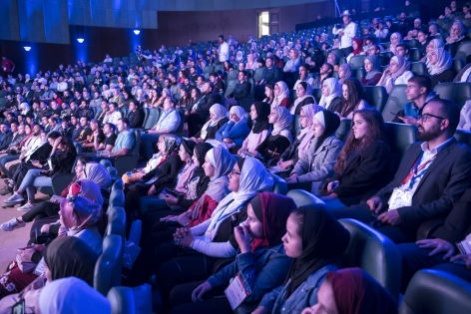
Tickets are on sale for Pocket Gamer Connects Jordan right now, so to meet experts from the region and beyond, register now: tickets are available at Early Bird rates.
The conference will take place near Amman, next to the Dead Sea. It will feature a range of themed tracks, plus opportunities to network with some 750 games industry insiders, and many of the attendees will take the chance to visit locations like Petra. You can read our previous MENA region interview here, with Nour Khrais.
